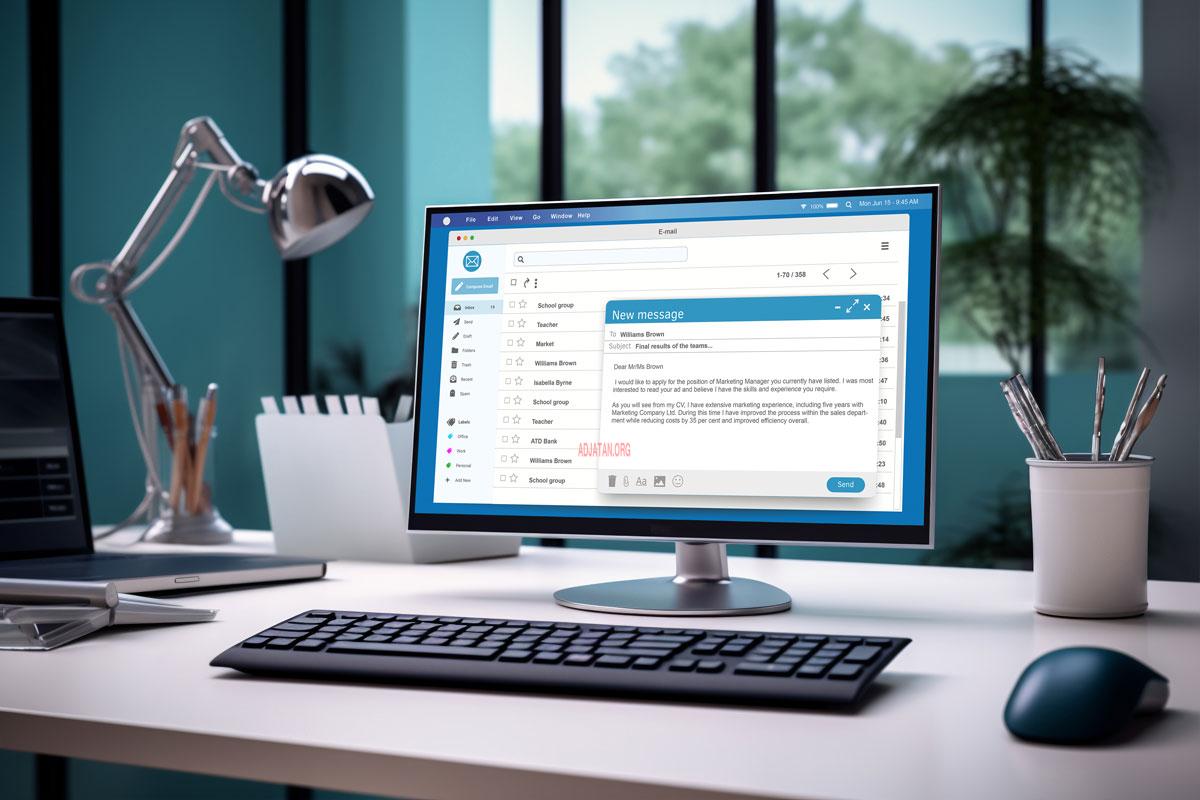
WordPress and Drupal are two popular CMS (Content Management System) used for creating and managing websites. Although they have similar features, there are some important differences between the two platforms. To assist you in selecting the CMS that best meets your needs, we will compare the key differences between WordPress and Drupal in this article.
Ease of use
WordPress is usually thought to be simpler to use than Drupal. It offers an appealing user interface and is simple to install and configure. Beginners can start developing websites right away after quickly learning how to utilize it.
On the other hand, learning how to use Drupal can be more challenging. It is more difficult to operate properly and calls for some technical knowledge. But if you get the hang of Drupal, it can be more flexible than WordPress.
Flexibility
Drupal is generally considered more flexible than WordPress. It offers more advanced features for content management and can be used to create more complex websites. Drupal can also be used to manage large scale websites and custom web applications.
WordPress is more suitable for simpler websites, such as blogs or showcase sites. However, there are plugins and themes that can extend the functionality of WordPress so it can be used for more complex projects.
Security
Drupal is considered more secure than WordPress. Drupal has an active security community that constantly monitors for vulnerabilities and potential security issues. Drupal is also used by many government and commercial organizations, which means it is subject to strict security standards.
WordPress tends to be more vulnerable to security attacks. This is partly due to WordPress being used by more websites, making it a more attractive target for hackers. However, there are plugins and security tools that can help protect your WordPress website.
Personalization
Drupal offers greater flexibility for customizing websites. It has a more advanced architecture and a module system that makes it easier for developers to customize the functionality and appearance of the website.
WordPress is more limited in terms of customization. Although there are many themes and plugins for WordPress, it can be more difficult to fully customize a WordPress website without technical expertise.
SEO
WordPress is known for its SEO-friendly structure and easy-to-use SEO plugins. The platform has many SEO plugins, such as Yoast SEO, All in One SEO Pack, and Rank Math, which make it easy for users to optimize their content for search engines. Additionally, WordPress is known for its fast loading speed, which is important for SEO, as Google considers page speed to be a ranking factor.
On the other hand, Drupal is a powerful CMS that offers advanced SEO capabilities. Drupal is known for its flexibility, which allows developers to customize the platform to meet their SEO needs. Additionally, Drupal has a number of built-in SEO features, such as clean URLs, customizable meta tags, and XML sitemap creation, that can help improve a website's search engine ranking.
Overall, both Drupal and WordPress have their advantages when it comes to SEO. WordPress is a great option for beginners who want an easy-to-use platform with SEO plugins, while Drupal is a good choice for those who want more advanced SEO capabilities and are willing to invest more time and effort in customization.
Ultimately, the choice between Drupal and WordPress comes down to your needs and level of technical skill. If you are a beginner and want to create a simple website, WordPress may be the most suitable choice. If you have more complex needs, technical expertise, and need to further customize your website, Drupal might be the best option. Security is also an important factor to consider, and if security is a major concern for you, Drupal is generally considered more secure than WordPress.





